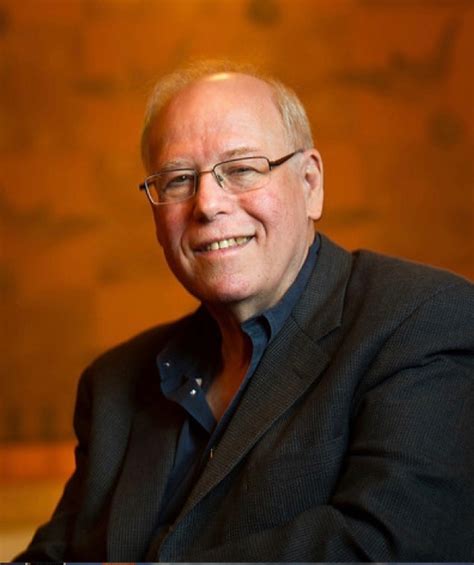A Quote by Suze Orman
Structured settlements are a common way for people who have been injured to receive an insurance payout. The periodic payments provide ongoing income and reduce the risk of blowing a lump sum through poor financial choices.
Related Quotes
All taxes, except a 'lump-sum tax,' introduce distortions in the economy. But no government can impose a lump-sum tax - the same amount for everyone regardless of their income or expenditures - because it would fall heaviest on those with less income, and it would grind the poor, who might be unable to pay it at all.
Escrow accounts are an important tool for homeowners to the reduce the risk of mortgage default on high-priced loans. Millions of Americans, including my wife and I, utilize these accounts to make monthly payments towards the annual financial obligations that come with homeownership like taxes and insurance.
Remember life insurance is intended as income replacement to help dependents and or/spouse pay for things that your income would have covered. When you get to the point that you're dependents (Your kids mostly) aren't dependent on your income, you could reduce the amount of life insurance you are carrying.
I can do something about people who need me, who have been injured. So the biggest thing about being a doctor is my education and training means I can help people to reduce their suffering and that's what being a doctor is, to reduce suffering and to try to improve the life of people who have been injured.
With the socialization of the health care system through institutions such as Medicaid and Medicare and the regulation of the insurance industry (by restricting an insurer’s right of refusal: to exclude any individual risk as uninsurable, and discriminate freely, according to actuarial methods, between different group risks) a monstrous machinery of wealth and income redistribution at the expense of responsible individuals and low-risk groups in favor of irresponsible actors and high-risk groups has been put in motion.
The best tool today is longevity insurance - they call it income insurance. Most people know the value of life insurance. But what if you live? So instead of trying to guess one or the other, you plan for those 20 years and you get this income insurance. If you live beyond 85, you have money that's guaranteed for as long as you live in the form of an annuity.
I'm not a structured writer. I have the carpet-laying theory which is you put it out there until there is a lump and you keep pushing the lump across the floor until the whole thing just lies flat. Every time you write there is going to be a bulge, something doesn't work and you have to find your way to get it to the other end.
Yeah, we could have done things differently. But - If we'd done things differently, we wouldn't be who we are. We are the sum of the choices we make. Even the bad choices we make. I made a lot of bad choices, but on the other hand, I am who I am, and I'm proud of my work, and I'm proud of my family, and those are also the product of choices, including financial choices, that I made.



































